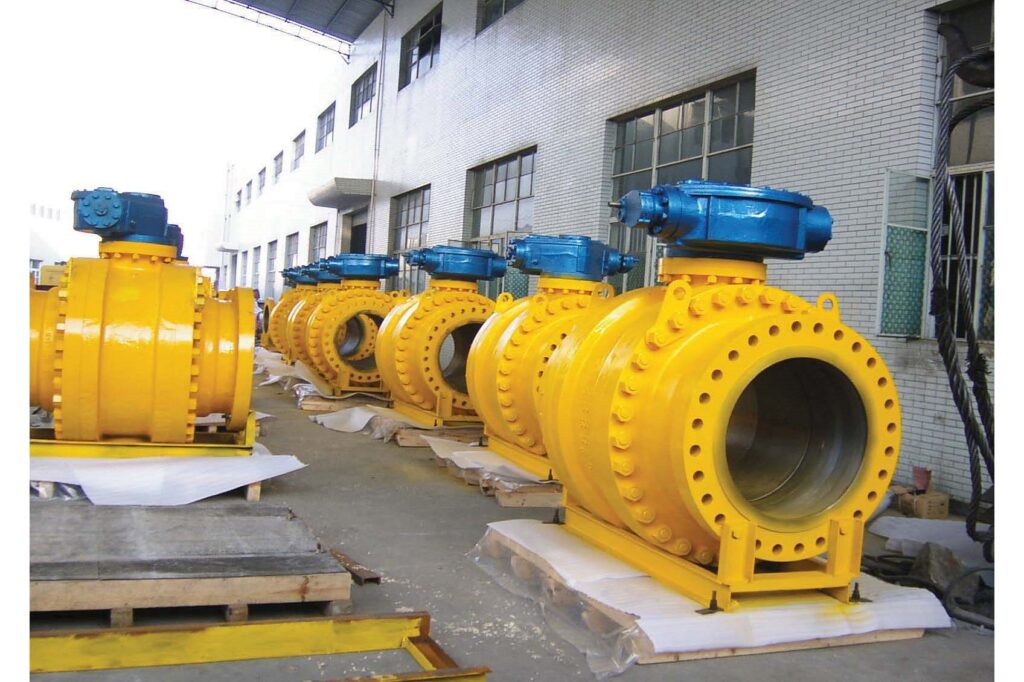Enhancing Control Precision with Ball Valves in Automated Systems
In automated systems, precision and reliability are paramount for achieving optimal performance and efficiency. One critical component that plays a vital role in enhancing control precision is the ball valve. These valves, known for their robust design and straightforward operation, offer several advantages in managing the flow of fluids and gases within automated systems. Ball valves are characterized by their spherical closure element, which consists of a hollow, perforated ball. The ball is mounted within a valve body, and its rotation controls the flow of the medium through the valve. When the ball’s hole is aligned with the flow direction, the valve is open, allowing fluid or gas to pass through.
Accurate Flow Regulation – Ball valves are designed to provide precise flow control, which is essential for automated systems that require exact fluid or gas management. The valve’s quarter-turn operation allows for quick and accurate adjustments, making it easier to achieve and maintain desired flow rates. This precision is crucial in processes where even minor deviations can lead to inefficiencies or system malfunctions and click here https://www.dombor.com/ru/.
Consistency and Reliability – One of the significant advantages of ball valves is their consistency and reliability. The simple design with fewer moving parts means that ball valves are less prone to wear and tear compared to other types of valves. This reliability ensures that the automated system maintains consistent performance over time, reducing the risk of unexpected failures and maintenance issues.

Minimized Pressure Drop – Ball valves offer a relatively low pressure drop compared to other valve types. The smooth internal surface of the ball and the straight-through flow path reduce resistance, which helps in maintaining pressure stability within the system. This characteristic is particularly beneficial in applications where maintaining pressure is critical for system efficiency and performance.
Quick and Easy Operation – The quarter-turn operation of ball valves allows for swift adjustments and control. This quick response time is advantageous in automated systems where rapid changes in flow or pressure are required. The ease of operation also contributes to the overall efficiency of the system, as it minimizes the time and effort needed for manual adjustments.
Ball valves are utilized in various automated systems, including:
Chemical Processing – In chemical manufacturing, precise control of flow rates is essential to ensure consistent product quality. Ball valves are used to regulate the flow of chemicals and prevent contamination.
Water Treatment – Automated water treatment plants use ball valves to manage the flow of water through filtration and purification processes. The precision of ball valves helps in maintaining the desired water quality and treatment efficiency.
Oil and Gas – In the oil and gas industry, ball valves are employed to control the flow of hydrocarbons and other fluids in pipelines and processing facilities. Their reliability and ability to handle high-pressure environments make them suitable for these applications.
Dombor ball valves significantly enhance control precision in automated systems through their accurate flow regulation, reliability, minimized pressure drop, quick operation, and durability. Their versatile applications across various industries underscore their importance in maintaining efficiency and performance in automated processes. By incorporating ball valves into automated systems, operators can achieve higher levels of precision, reliability, and overall system effectiveness.